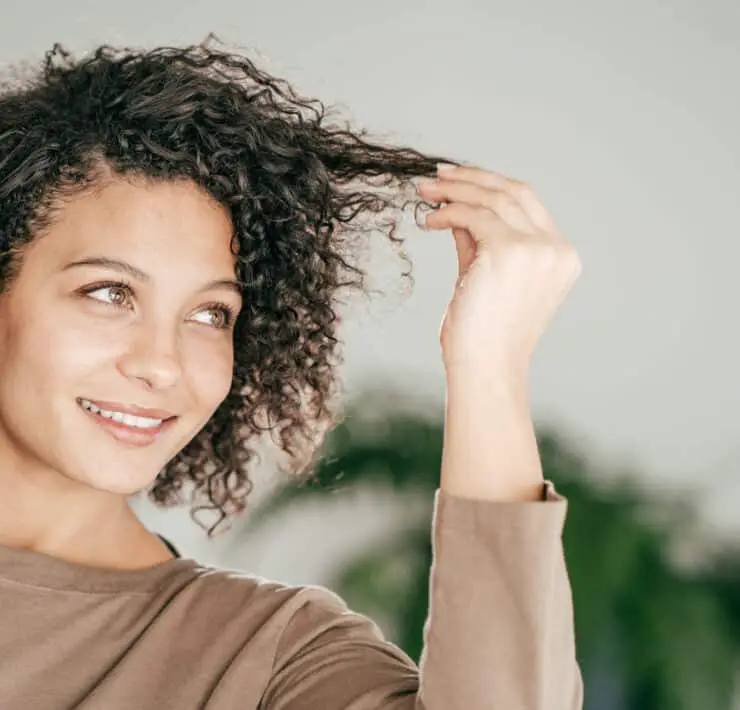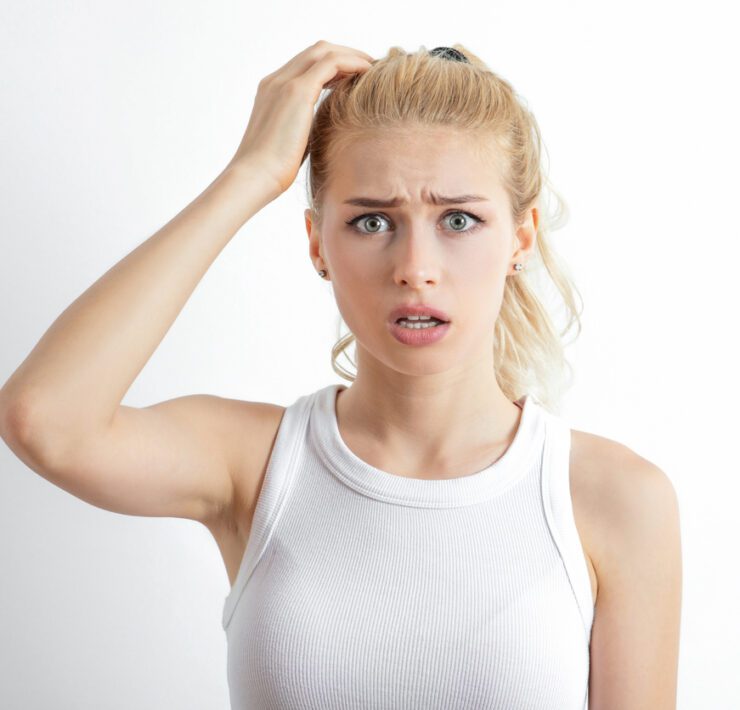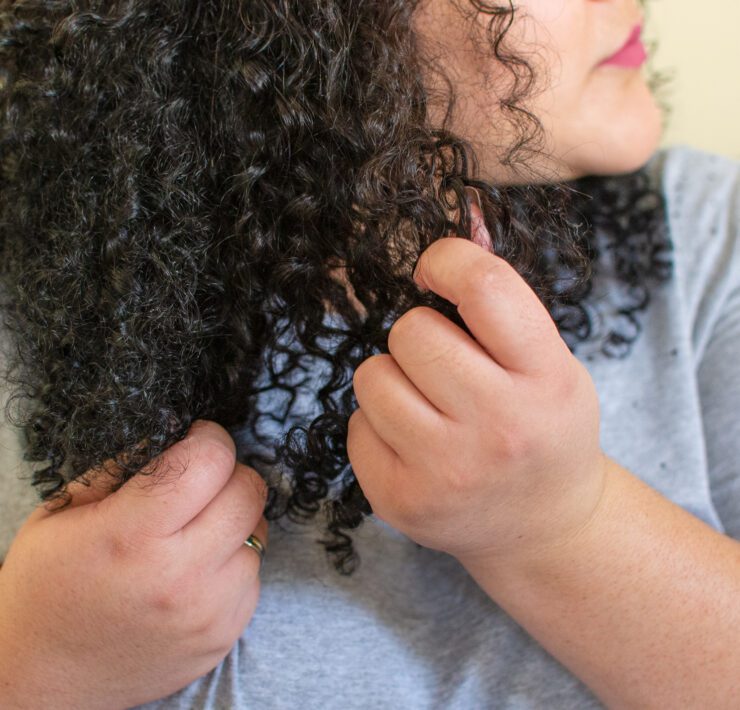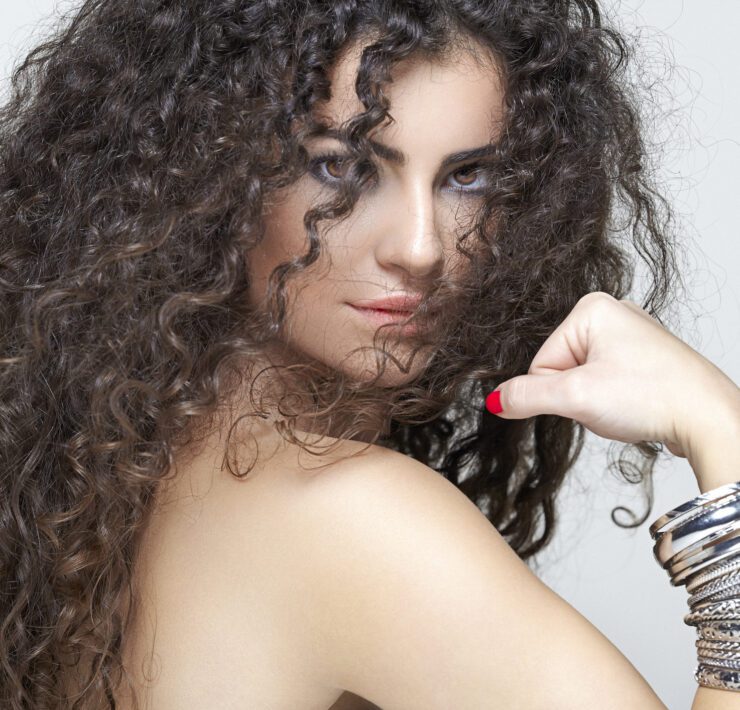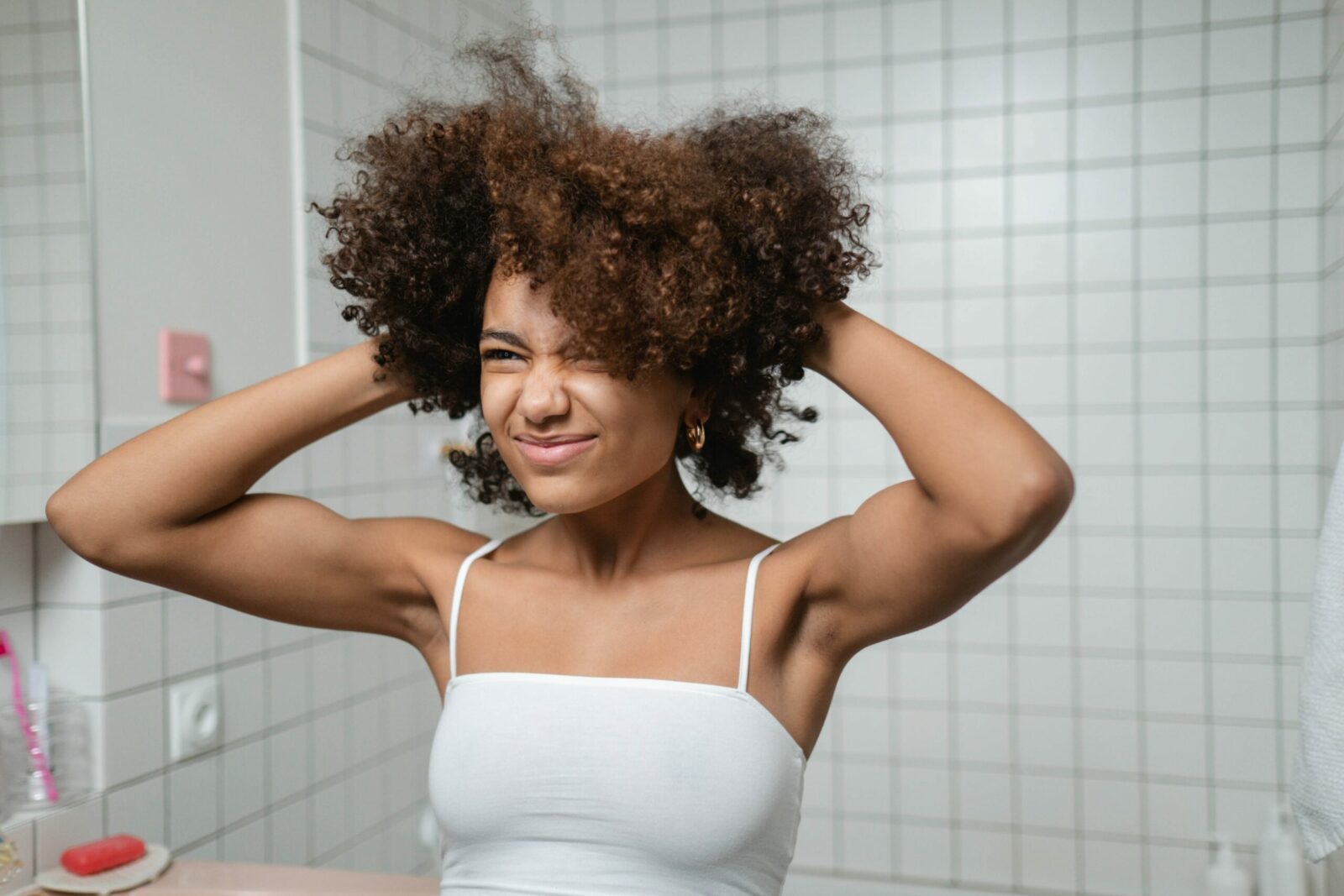
Scalp itch by definition is the presence of an uncomfortable tingling or uneasy sensation, which is associated with a desire to scratch the scalp. Just like skin itching, reasons for scalp itch may be of dermatological or non-dermatological origin.
The scalp has a distinct vasculature with specific neuromodulators, which makes the skin of the scalp sensitive to itch-causing stimuli. Like skin, the scalp produces sebum and has natural microflora, an imbalance in either of these may be implicated in subjects who complain of itch.
Dandruff, fungal infections (Tinea capitis), eczema (seborrheic dermatitis), lice/mites, and psoriasis are the most common culprits behind that itch. These conditions can lead to dead and flaky skin, redness, and of course itching. There are different products available for fighting itchy scalp caused by dandruff, eczema, and psoriasis. For example, zinc pyrithione (antibacterial and antifungal), selenium sulfide (antifungal), salicylic acid (clarifying and anti-scaling), ketoconazole (antifungal medication), and coal tar (purifying). Several medicated shampoos are also available over the counter.
While a chronic itch needs to be medically evaluated and treated with OTC and/or prescription drugs, a short-term itch may be treated with diluted apple cider vinegar (ACV), peppermint oil (mixed with a suitable carrier oil), tea tree oil, lemongrass oil, a clarifying shampoo, or detox product.
Further allergic reactions to certain hair products can inflame the hair follicles, which can cause the scalp to itch and lead to hair loss due to damaged hair follicles. Any products used on the hair can result in this type of allergic reaction, including shampoo, conditioner, hair dye, hair gel, or hair mousse.
For example, common causes of allergic scalp reactions are due to chemicals such as paraphenylenediamine (a component of many black hair dyes), fragrances, cocamidopropyl betaine, methylchloroisothiazolinone/methylisothiazolinone (the itchy Ms), formaldehyde releasers, propylene glycol, vitamin E, parabens, benzophenones, iodopropynyl butylcarbamate, and methyldibromoglutaronitrile/phenoxyethanol. That is why getting certain hair products onto the scalp may cause itching. Best practice is to avoid getting any leave-in conditioners and styling products onto the scalp when applying products to the hair.
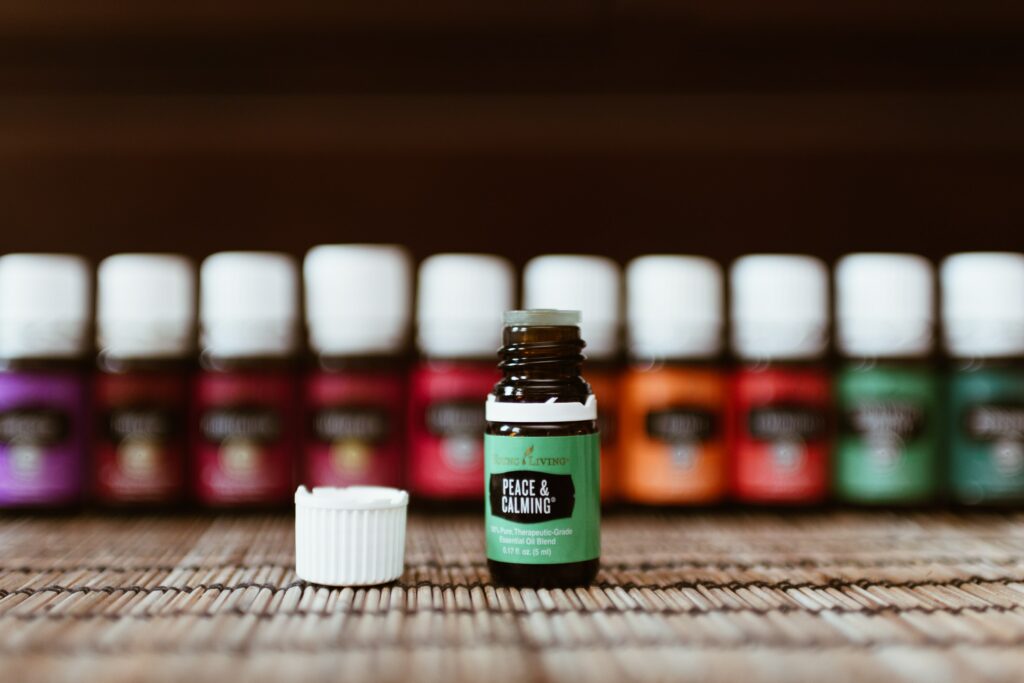
For a FREE mini-guide to products for an itchy scalp head over to SHOP.
Scientific Resources We Found Useful:
1. Bin Saif, Ghada A., Marna E. Ericson, and Gil Yosipovitch. “The itchy scalp–scratching for an explanation.” Experimental dermatology 20.12 (2011): 959-968
2. Vázquez-Herrera, Norma Elizabeth, et al, “Scalp itch: a systematic review”, Skin appendage disorders 4.3 (2018): 187-199.
3. Ro, Byung In, and Thomas L. Dawson, “The role of sebaceous gland activity and scalp microfloral metabolism in the etiology of seborrheic dermatitis and dandruff”, Journal of Investigative Dermatology Symposium Proceedings. Vol. 10. No. 3. Elsevier, 2005
4. Johnson, Betty Anne, and Julia R. Nunley. “Treatment of seborrheic dermatitis.” American family physician 61.9 (2000): 2703-2710.
5. http://science-yhairblog.blogspot.com/p/products-for-itchy-scalp.html


